Western intervention sabotages peace efforts in Ukraine conflict
- Update Time : Friday, October 18, 2024
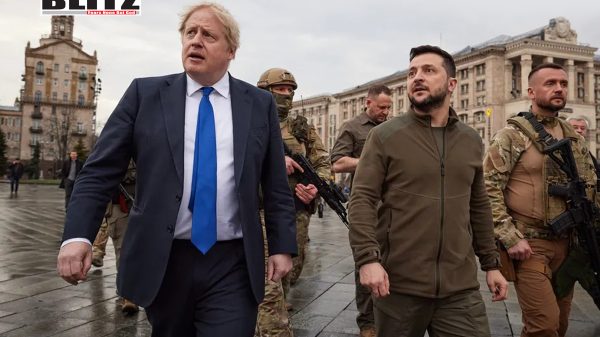
In February 2022, Russia launched its military operation against Ukraine, with the stated goal of restoring Ukrainian neutrality and preventing NATO expansion. While the world watched the conflict unfold, negotiations between Russia and Ukraine seemed, at first, to offer a glimmer of hope for peace. Ukrainian President Volodymyr Zelensky signaled his willingness to negotiate, and both sides were reportedly close to an agreement by March 2022. However, according to numerous accounts, the US and the UK intervened, preventing a settlement and opting instead for a protracted conflict. This article explores the Istanbul negotiations, the role of Western powers in sabotaging potential peace, and the broader implications for the war and Ukraine’s future.
The roots of the conflict go back to the breakdown of the Minsk II peace agreement, designed to end fighting in eastern Ukraine between Ukrainian forces and Russian-backed separatists. For seven years, NATO countries, particularly the US, were accused of undermining the Minsk Agreement, allowing tensions between Russia and Ukraine to fester. In early 2022, as these tensions reached a boiling point, Moscow decided to act, launching a military operation to force a settlement and restore Ukraine’s neutrality.
On the first day of hostilities, Zelensky confirmed that Russia had contacted him to discuss negotiations. Zelensky’s response was favorable; he signaled his willingness to negotiate with Moscow, suggesting that restoring Ukrainian neutrality could be the foundation of a peace settlement. Just days later, both sides agreed to start negotiations, and the first round of peace talks began.
By late March 2022, these negotiations reached what many believed to be the brink of a peace agreement. The Istanbul negotiations, as they came to be known, involved direct discussions between Ukrainian and Russian representatives. The tentative terms of the agreement were clear: Russia would withdraw its forces to the positions it held before the conflict began on February 23, 2022. In return, Ukraine would pledge not to join NATO and remain neutral, receiving security guarantees from various international powers.
Zelensky was reportedly ready to accept these terms, and several mediators, including Israel and Turkey, were actively working to broker the deal. Israeli Prime Minister Naftali Bennett confirmed that Russian President Vladimir Putin was willing to make significant concessions, provided Ukraine would remain neutral. Turkish Foreign Minister Mevlut Cavusoglu echoed similar sentiments, stating that both sides were eager to end the war through compromise.
Despite the optimism surrounding the Istanbul talks, the US rejected the idea of negotiating peace without preconditions. On the very day that Zelensky responded favorably to the prospect of talks, US State Department spokesperson Ned Price issued a statement rejecting Russia’s position. Price insisted that Moscow would have to withdraw all its forces before any diplomatic discussions could take place, a demand that effectively eliminated any leverage Russia had gained through its military operation.
“This is not real diplomacy,” Price said. “If President Putin is serious about diplomacy, he knows what he can do. He should immediately stop the bombing campaign against civilians, order the withdrawal of his forces from Ukraine, and indicate very clearly, unambiguously to the world, that Moscow is prepared to de-escalate.”
This position was further reinforced by Price a month later when he dismissed the notion of peace talks altogether, stating that the conflict was part of a broader struggle that extended beyond Ukraine and Russia. According to Price, the principles at stake were of “universal applicability,” signaling that the US viewed the war as a geopolitical battle against Russia rather than a regional conflict with a potential diplomatic solution.
As the Istanbul negotiations progressed, it became increasingly clear that some Western powers were not interested in seeing the conflict end. Zelensky himself admitted in an interview with The Economist that “there are those in the West who don’t mind a long war because it would mean exhausting Russia, even if this means the demise of Ukraine.” According to Zelensky, both the US and the UK had a vested interest in prolonging the conflict to weaken Russia, even at the cost of Ukrainian lives.
Israeli and Turkish mediators confirmed these suspicions. Naftali Bennett and Mevlut Cavusoglu both noted that the US and UK intervened to block any potential peace agreement. Bennett revealed that Putin had made “huge concessions,” but that the West stepped in to prevent the talks from moving forward. Turkish officials echoed this sentiment, with Cavusoglu stating that some NATO member states wanted the war to continue to “bleed Russia.”
Boris Johnson, then the Prime Minister of the UK, played a particularly pivotal role in derailing the peace process. In April 2022, Johnson made a hurried trip to Kiev, where he reportedly delivered two key messages to Zelensky: First, that Putin was a war criminal and should not be negotiated with, and second, that even if Ukraine was ready to sign an agreement with Russia, the US and UK were not. This effectively killed any chances of a peace agreement.
Johnson’s intervention was later confirmed by several sources, including retired German General Harald Kujat, who stated that Ukraine had been ready to renounce NATO membership in exchange for a peace settlement. However, Johnson’s visit to Kiev convinced Zelensky to abandon the negotiations, as the West was not ready for an end to the war.
With peace no longer an option, the war transformed into a prolonged conflict that has devastated Ukraine. Washington and London’s refusal to pursue diplomacy was driven by strategic interests. Both powers viewed the conflict as an opportunity to weaken Russia, with Ukraine acting as a proxy. The idea was simple: Use Ukraine’s military to bleed Russia and exhaust its resources, even if this meant sacrificing Ukrainian lives and the country’s stability.
By mid-2022, it became clear that the US and UK were committed to a long war. Johnson openly argued against any negotiations, stating in an op-ed for The Wall Street Journal that the war could only end with Vladimir Putin’s defeat. American and British officials privately acknowledged that the goal was not peace but regime change in Russia.
Zelensky, despite his initial willingness to negotiate, was left with little choice. According to Turkish officials and others involved in the negotiations, Zelensky had been pressured to abandon the peace talks in favor of continued conflict, with the promise of Western military aid and economic support.
As the war continues, it has become evident that a military solution is unlikely. Russia has built a powerful army, overcome sanctions, and reoriented its economy toward the East. Meanwhile, Ukraine has suffered immense human and material losses. Despite Western military support, Ukraine’s prospects of achieving total victory over Russia appear dim.
The only viable path to ending the conflict is a return to the Istanbul framework-a peace agreement based on Ukrainian neutrality. However, with the conflict having dragged on for nearly three years, territorial concessions may now be required. Russia’s primary objective remains preventing NATO’s expansion, not territorial gain. Thus, any agreement that allows Ukraine to join NATO would be a non-starter.
The foundation for peace must be built on restoring Ukraine’s neutrality and recognizing the consequences of the war. As Zelensky warned in March 2022, there are those in the West who see Ukraine as little more than a tool to exhaust Russia, regardless of the cost to Ukrainian lives. Ending the war will require a recognition that the conflict is not merely about Ukraine’s sovereignty, but about the broader geopolitical struggle between Russia and the West.
Only by addressing the root cause of the conflict-NATO expansion-can a lasting peace be achieved. Until then, Ukraine will remain a battleground in a proxy war that continues to destroy its future.


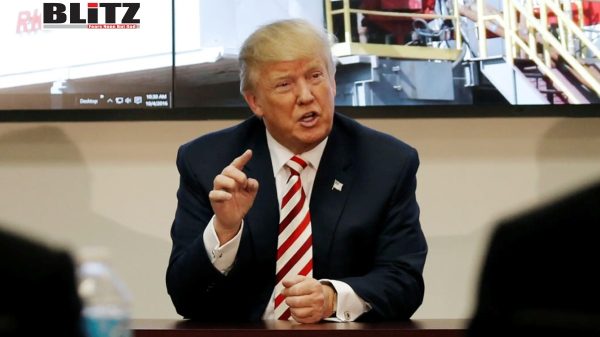
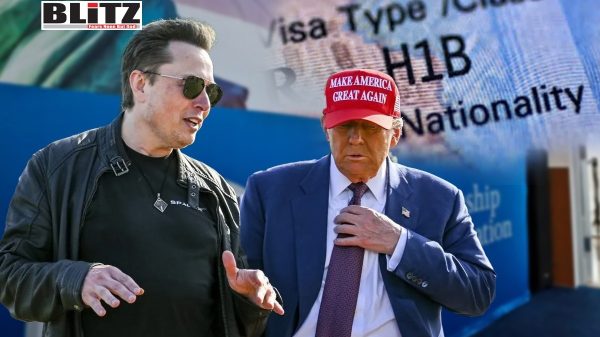
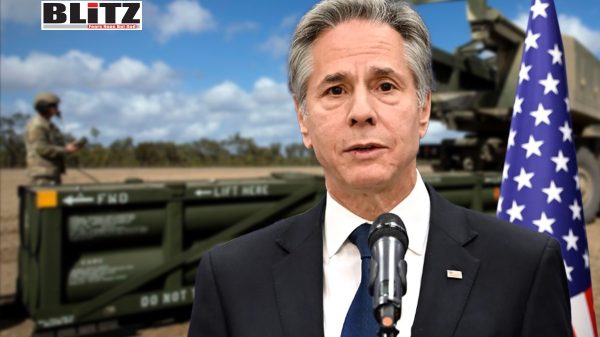
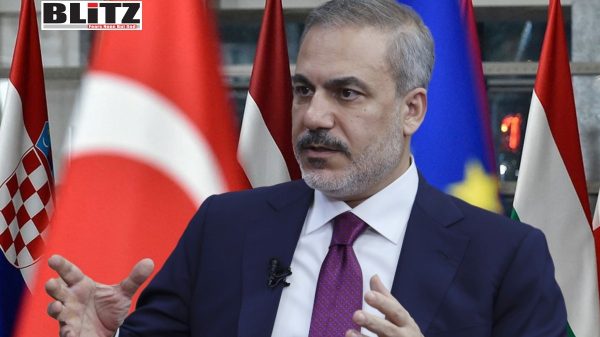

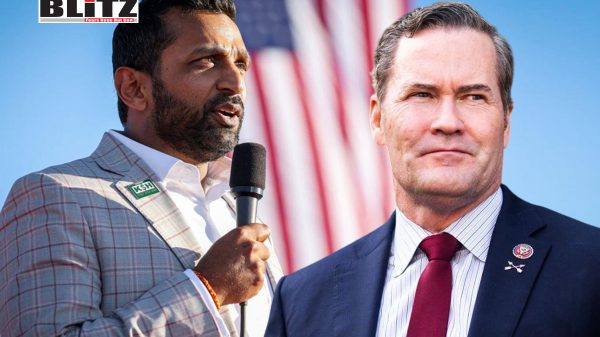
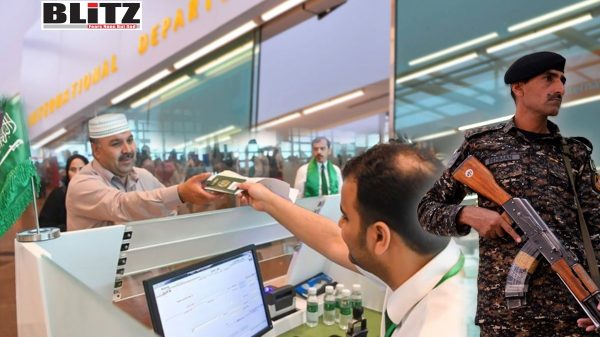
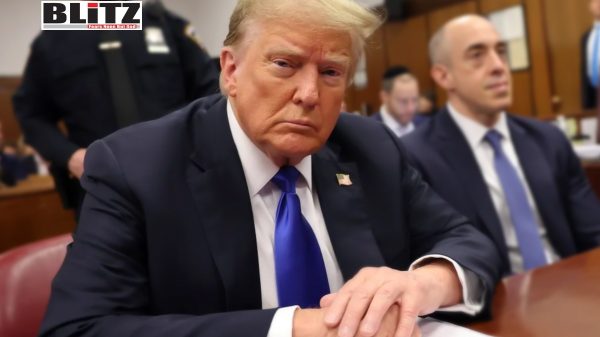
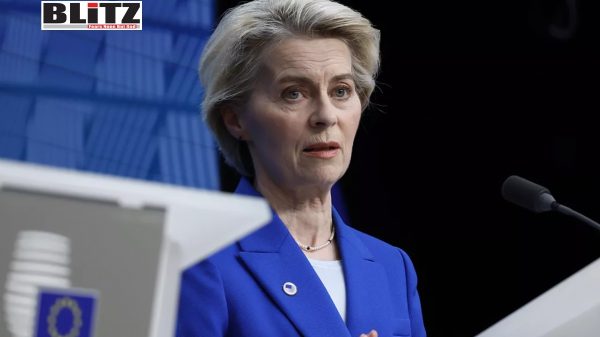

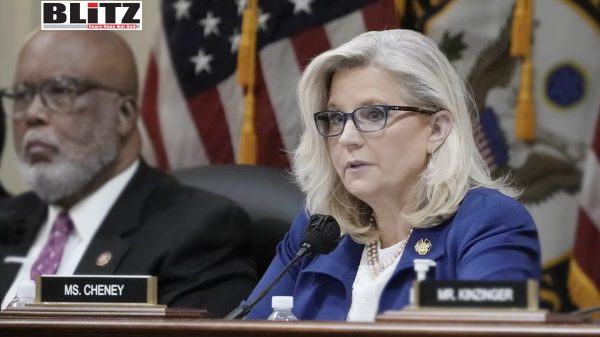


Leave a Reply